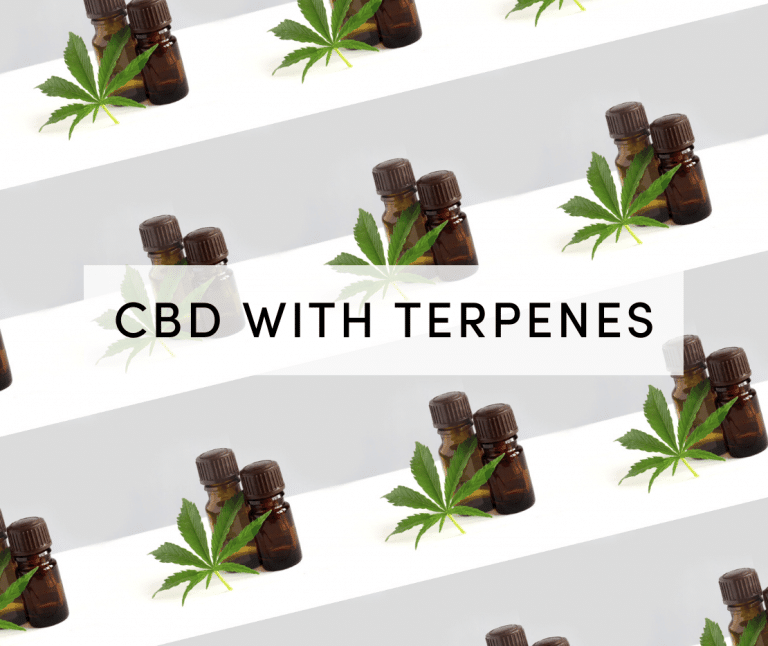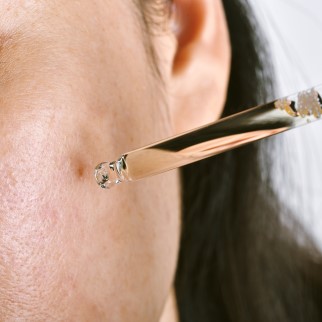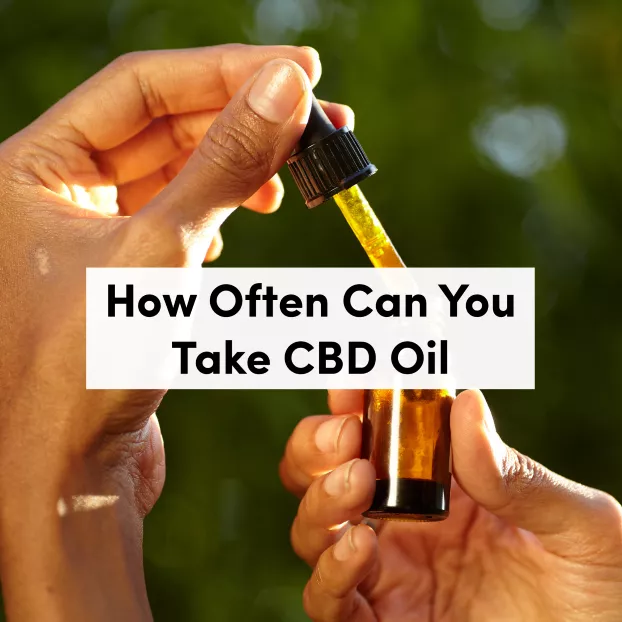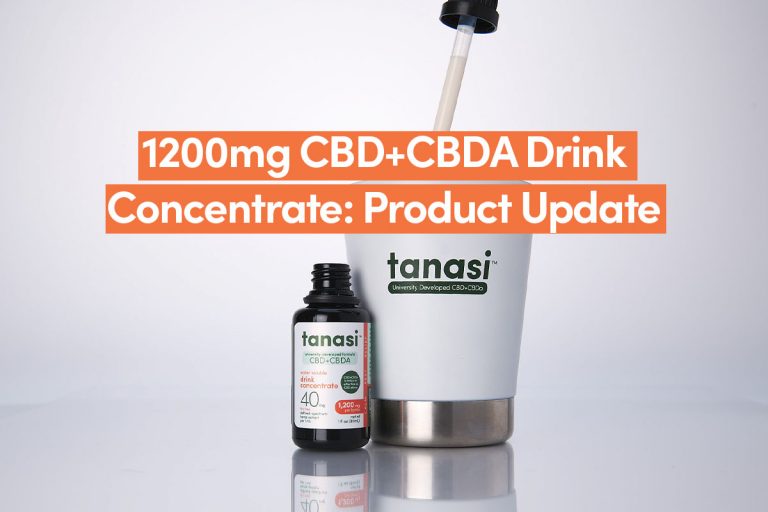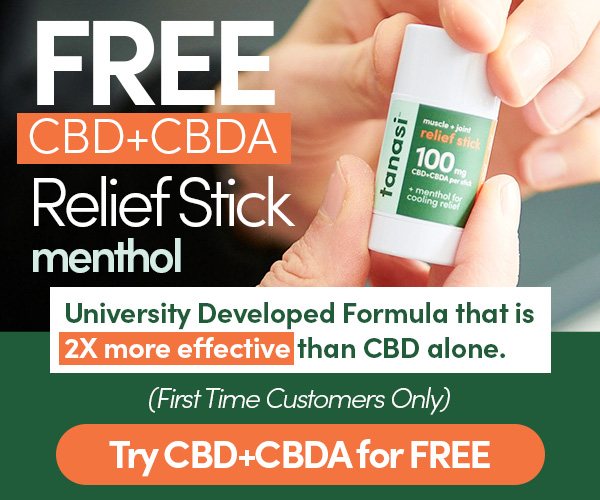CBD vs THCA
Posted on December 7th, 2020
Since 2018, CBD has been all the rage. If you are online, and even if you have not the remotest interest in cannabis, you might have heard about it. That’s because CBD enthusiasts are a legion online that’s constantly talking about its therapeutic benefits. However, is CBD that good? What are its benefits and its side effects? Learning about cannabinoids is nothing short of fantastic. The more you know, the clearer it is why humanity has had an affair with cannabis for hundreds of years.
There are at least 113 different cannabinoids, the most famous being CBD and THC. However, there’s another compound not as well-known, but that is drawing much attention these days: THCA. And no, THCA is not the same as THC, and the differences go well beyond one extra letter on its name. So much so that THCA actually has more in common with CBD than THC. Confusing, eh? Worry not; here we go deep into the CBD cv THCA debate. Read on to learn more about these wonderful compounds.
What Is THCA?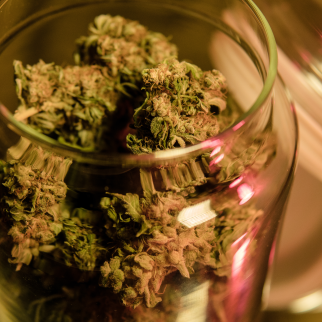
THCA stands for ‘Tetrahydrocannabinolic Acid’ and is a compound found in raw cannabis or hemp plants. THCA is actually THC’s biosynthetic precursor form and considered an inactive cannabis compound. There’s been much more research so far on the cannabinoids CBD and THC. However, researchers are starting to find out that THCA might hold interesting medical properties.
THCA is the most common compound found in raw cannabis very early on. It occurs in the plant before the leaf experiences exposure to heat. When you burn, evaporate or boil cannabis, a process known as ‘decarboxylation’ happens. This process gets rid of the acidic part of THCA, making it become THC, a compound famous for being psychoactive.
The non-psychoactive THCA resides inside the fresh flowers and leaves of cannabis not yet cured, dried, or heated. However, THCA is unstable and difficult to keep from becoming THC. You can still find traces of THCA in dried buds and even in the blood of users who recently smoked marijuana.
The Decarboxylation Process Of THCA.
THCA turns into THC during the decarboxylation process due to the release of the carboxylic group from the chemical formula chain. Due to THCA in itself being quite unstable, many factors could trigger the decarboxylation process. These include:
Smoking or Vaporization
When exposing a dried bud of the cannabis plant to high temperatures, most of the existing THCA molecules will turn into THC. However, it’s common that tiny traces still remain, yet, those are not enough to trigger the full effects of THCA.
Sunlight Conversion
When the cannabis plant is still growing, THCA can transform into THC due to sunlight exposure. If the farmers are growing the plant under the warm sun, chances are, the THCA molecules will transform into THC.
Room Temperature Conversion
THCA can also become THC when stored at room temperature for a very long time. If sorting it under low light, the dried cannabis at room temperature can convert about 20% THCA into THC.
THC and THCA
The main difference between the two is that THC is psychoactive. Thus, responsible for the high users experience when smoking marijuana. Meanwhile, THCA is non-psychoactive, hence, it has no euphoric effects. This is due to the three-dimensionality of the THCA molecule, making it larger than the molecules of THC; therefore, it does not fit the cannabinoid receptors in the human body. This is especially true for the CB1 receptors, which are responsible for the feelings of intoxication. Cannabinoids usually have to fit into the brain’s CB1 receptors to produce the psychoactive effect; THCA does not.
THCA has the carboxylic group, COOH, at the end of the chain. In order to come to be, THC loses this during the decarboxylation process. Without COOH, THC can bind freely to the cannabinoid receptors inside your body.
What Is CBD?
CBD stands for cannabidiol and is one of the prevalent compounds of the cannabis plant. It is the second most active ingredient in marijuana, with the first one being, of course, THC. However, unlike THC, CBD is non-psychoactive. Therefore, CBD will not get you high when you take it.
CBD vs THCA – The Similarities.
Besides the benefits both share, there are a couple of ways in which CBD and THCA relate regarding their composition.
They Are Both Cannabinoids.
CBD and THCA are both phytocannabinoids. This means that they are cannabinoids that come from plants. This makes them different from the cannabinoids your body naturally produces, like anandamide, which are ‘endocannabinoids.’
They Both Come From CBGA.
CBD and THCA both come from the same cannabinoid, CBGA. The compound CBGA, or Cannabigerolic Acid, is the precursor compound to all phytocannabinoids. CBGA usually cyclizes into THCA and CBDA (cannabidiolic acid) in the plant’s glandular trichomes. The enzymes THCA synthase and CBDA synthase are responsible for this. Each of those compounds ends up creating THC and CBD as the final products formed by the decarboxylation process.
CBD vs THCA – The Differences
Both CBD and THCA interact with the endocannabinoid system inside your body in different ways. CBD binds to both CB1 receptors in the brain and the CB2 receptors throughout the body. Through this, it can provide a homeostatic effect in the body processes. And, through this, it delivers anxiety, pain, and inflammation relief effects. CBD is a strong negative allosteric modulator of the CB1 receptor. That means it will reduce THC’s psychoactive effects when taken. Also, CBD is an inverse agonist for CB2 receptors. Hence, it triggers anti-inflammatory and pain-relieving effects when binding to it.
CBD interacts with the endocannabinoid system by modifying the activity of its transport enzymes and proteins. For example, CBD will regulate the fatty acid amid hydrolase (FAAH) enzyme, which breaks down anandamide. As a result, there would be more anandamide, also known as the ‘bliss molecule,’ running through your body.
THCA does not bind to the CB1 receptors. Instead, it helps the endocannabinoid system release and inhibits proteins and enzymes to, ultimately, provide a homeostatic effect. The compound manages to do this by the following process:
- It helps release more of the COX-1 enzyme, whose purpose is to keep the body’s tissues healthy. It does this by protecting the stomach and intestinal lining from acids.
- THCA inhibits the COX-2 enzyme. These enzymes associate with pain, fever, and inflammation. Hence, by inhibiting it, THCA helps mitigate those ailments.
- it helps the endocannabinoid system release more of the Interleukin-10 protein, which plays an anti-inflammatory role in the body.
- THCA also inhibits the TNF-Alpha protein, which causes fever and body weakness.
THCA is also acidic, while CBD is non-acidic. Also, CBD is an ingredient considered pharmacologically active; meanwhile, THCA is non-active.
Benefits of CBD vs THCA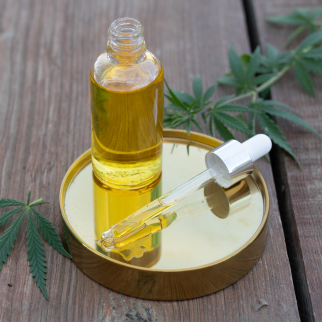
Surprisingly, THCA has less in common with THC regarding potential benefits than it does with the second most abundant cannabinoid, CBD. Here are the benefits they share and how each compound might slightly differ from the other in delivery and potency
Inflammation
CBD, like THCA, may have an anti-inflammatory effect on the body. THCA does this by inhibiting the COX-1 and COX-2 enzymes. These enzymes produce prostaglandins that cause inflammation and pain. According to research, THCA decreases inflammation in the colon. People with irritable bowel syndrome received cannabis extracts. The results hinted that THCA seemed responsible for mitigating the inflammatory response. Thus, THCA could be very useful in treating IBS in the future if more research reaffirms these results.
Cancer
Researchers say CBD might help reduce symptoms related to cancer and chemotherapy. According to a study that used mice as subjects, CBD could inhibit aggressive breast cancer cells’ spread. However, said study was an animal study. Thus, human studies would need to take place to confirm if it also has that effect on us.
THCA, according to preliminary animal research, might stunt cell growth in human breasts and prostate cancers. More specifically, THCA stunted the growth of glioma and leukemia cells in rats.
Nausea and Vomiting
According to a 2013 study, THCA was able to reduce nausea and vomiting in rats. A number of separate studies also confirm that CBD does have those very same effects as well. Yet, the research into THCA discovered that THCA might be even more effective than CBD in delivering those effects. However, human studies are still pending
Neuroprotective Properties
Studies have found that CBD seems to help people with neurodegenerative disorders through its interaction with the CB1 receptor. The compound helped patients suffering from neurological disorders like epilepsy and multiple sclerosis.
According to research conducted by the Maimonides Institute of Biomedical Research of Cordoba in Spain, THCA might help protect the brain cells from degenerative diseases.
Ways to Take THCA.
THCA, just like CBD, comes in a variety of presentations:
Raw Cannabis
You can purchase or grow uncured THC strains. Uncured plants have more THCA than dried plants. However, you can still take dried plants, as long as they are not decarboxylated.
THCA Crystalline
It has almost pure (95%) THCA. It is a crystalline concentrate best used as an edible or sprinkled into food.
Creams and Balms
Some topical and skincare products are incorporating THCA in their content due to its inflammatory properties.
Ways to Take CBD
You can take CBD in various ways:
- Vaping or smoking.
- Oils and tinctures.
- edibles.
- topicals.
- creams and lotions.
CBD vs THCA – The Takeaway
As seen above, THCA and CBD seemingly have lots of benefits they can give purportedly give to the human body. One of the main reasons so many people are paying attention to them is due to the fact that they both are non-psychoactive. However, before you start taking CBD or THCA, better talk to your doctor first. This is especially true if you are on any medication as those may interact negatively with some, including antibiotics and blood thinners.
There is still a long way to go in terms of research to clear the CBD vs THCA debate. Thus, we still have far to go in learning about them and, maybe, we’ll discover other properties that might remain hidden still.

